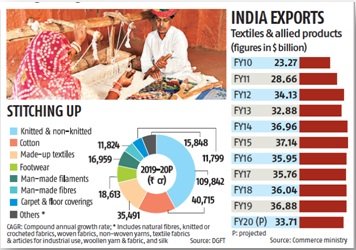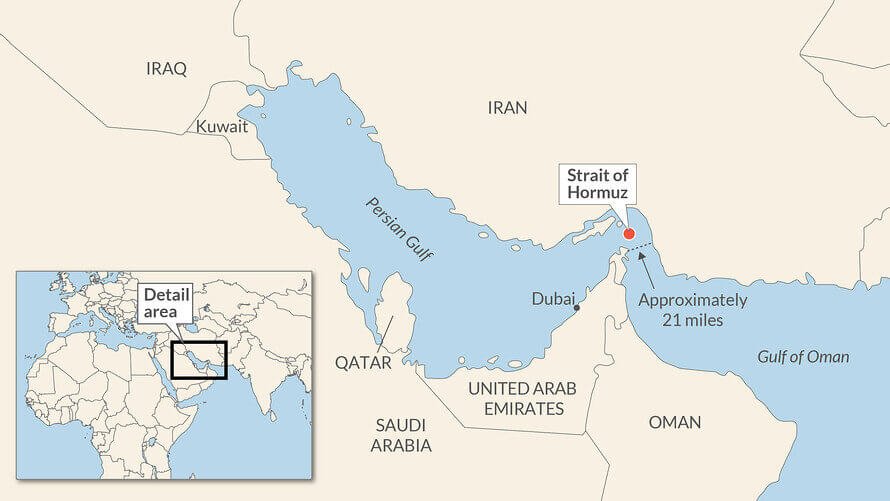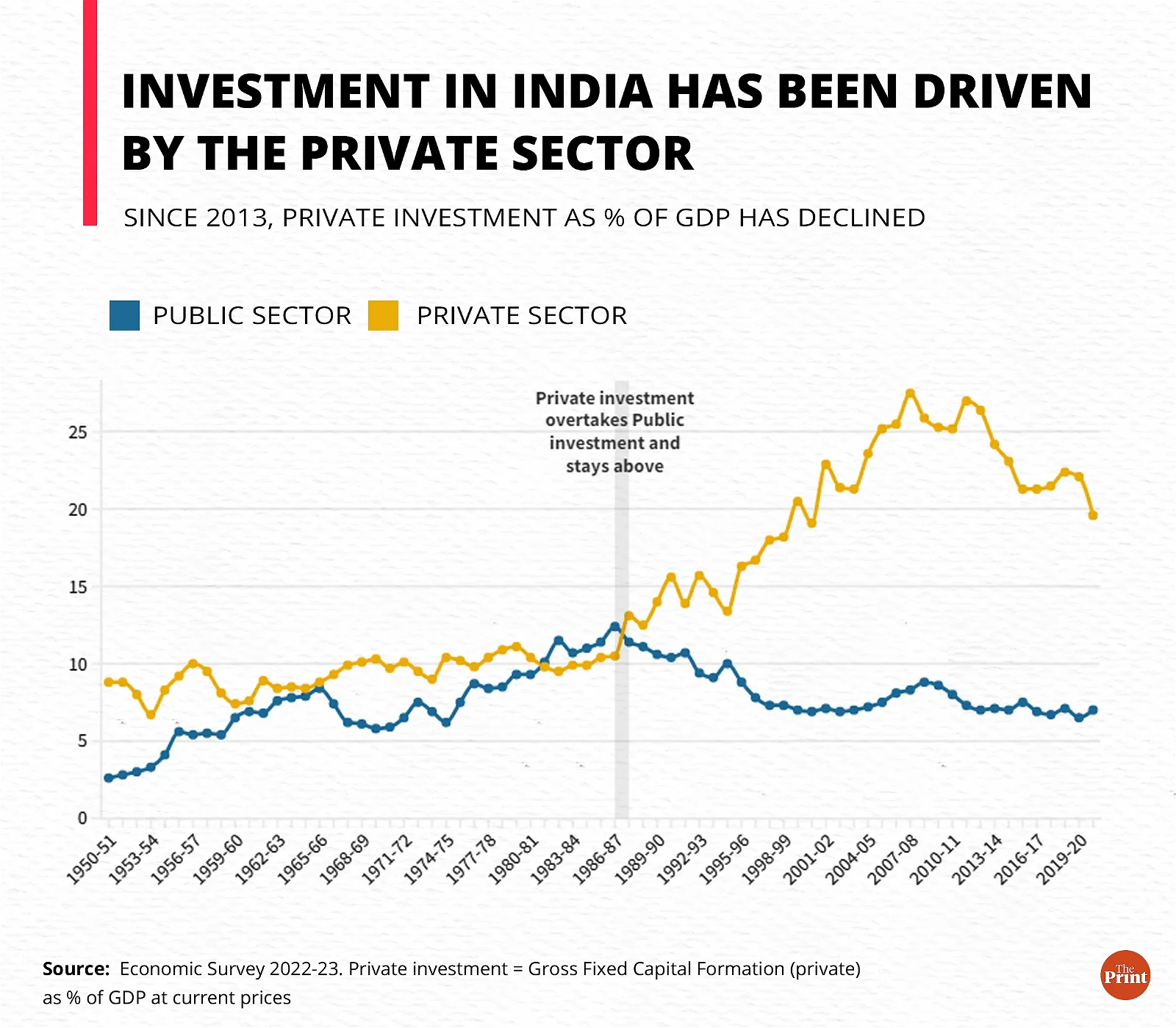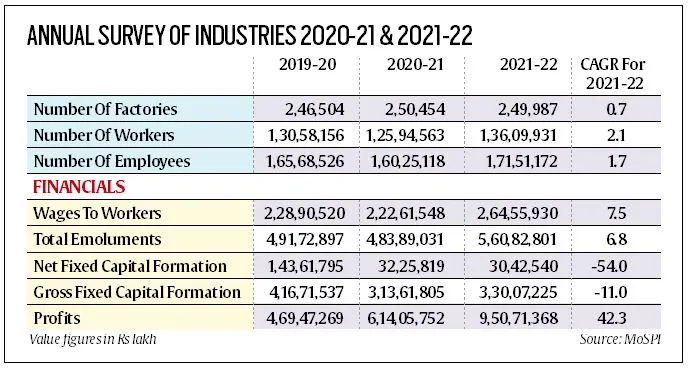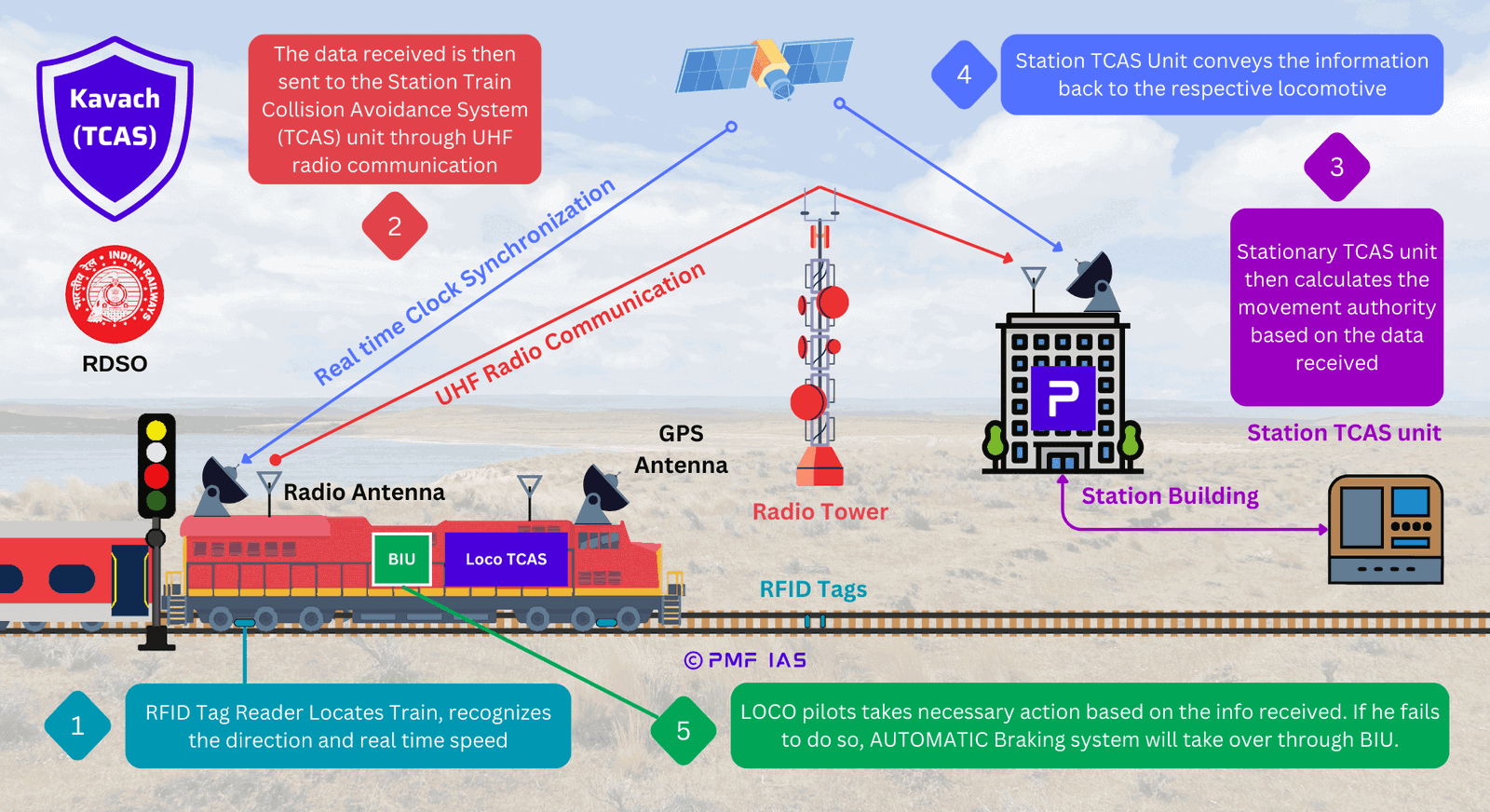
Double Taxation Avoidance Agreement (DTAA)
Subscribers of "Current Affairs" course can Download Daily Current Affairs in PDF/DOC
Subscribe to Never Miss an Important Update! Assured Discounts on New Products!
Must Join PMF IAS Telegram Channel & PMF IAS History Telegram Channel
- Context (HBL): SC emphasised that a notification under Section 90(1) of the Income Tax Act (IT act) is a mandatory requirement for a Double Taxation Avoidance Agreement (DTAA).
- Section 90 of the IT Act: It is crucial for providing tax relief under DTAA. It ensures that no entity or individual has to pay income tax twice when operating in a foreign country or for a foreign company.
- SC ruling denies the favourable tax rates and restricted scope for DTAA with certain countries, such as the Netherlands, France, and Switzerland, accessed through the MFN clause.
Double Taxation Avoidance Agreement (DTAA)
- DTAA is a tax treaty signed between two or more countries to avoid double taxation for taxpayers who reside in one country and earn income in another.
- Its main purpose is to help taxpayers avoid paying double taxes on the same income.
Round- tripping
- Round Tripping: Due to a treaty loophole, some taxpayers use shell companies, with less capital gains tax, to invest back in Indian assets, thereby avoiding India’s relatively higher tax.
|
Core Issue in DTAA Agreement
Most-Favoured Nations (MFN) Clause
- The core issue is interpreting the Most Favored Nation (MFN) clause within various Indian treaties with OECD member countries.
- The MFN clause requires a country to extend the same trade terms to all trading partners.
- It allows for a reduction in the taxation rate on dividends, interest, royalties, or fees for technical services, similar to concessions given to another OECD country at a later date.
- The issues at hand included:
- Whether the MFN clause can be invoked when a third country is not yet an OECD member when signing the DTAA.
- Whether the MFN clause is automatically effective or requires a notification.
Government’s Stance
- The government argued that India follows the “dualist” practice, where international treaties and conventions are not automatically integrated into national law and need enabling legislation.





![PMF IAS Environment for UPSC 2022-23 [paperback] PMF IAS [Nov 30, 2021]…](https://pmfias.b-cdn.net/wp-content/uploads/2024/04/pmfiasenvironmentforupsc2022-23paperbackpmfiasnov302021.jpg)

